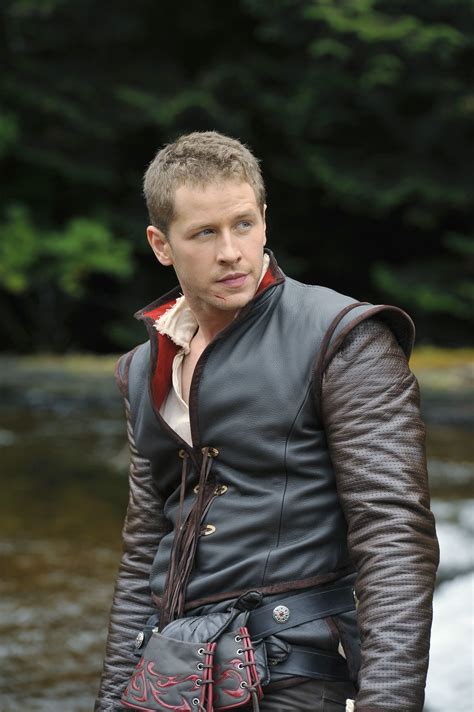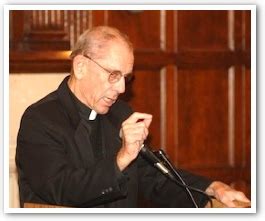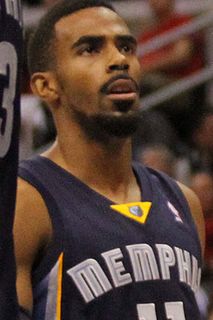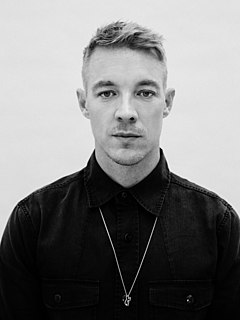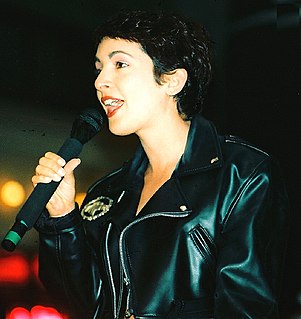A Quote by Matt Groening
I always thought that television was the way to go in my goal to invade pop culture because it got to towns in which there were no bookstores. That's how I used to think of it: How do I reach kids who not only don't read but probably have no access to much in the way of books?
Related Quotes
My parents left Iran in 1979 and moved to France and then moved to the U.S. My brother was born in France and I was born in New York. I think my parents left France because they felt their kids would never be accepted by French culture. Here they thought we could feel American - that we could feel safe in that way - which was important to them, given what their experiences were in Iran. They used to joke about how I could be president because I was the only one born in America.
There used to be a huge snobbism between the film industry and the television industry. I produced and acted in my first - well way back - but the first thing that I produced and acted in was Sarah, Plan and Tall. And the only place to go at the time for really quality television was Hallmark Hall of Fame. And think how much television has changed since then.
I think that actually the rhythmic nature of picture books and of young reader story books is a way to help kids fall in love with language and what you can do with it and how it sounds in your range. It sort of has a musicality but on the other hand they get the story and the ideas and the context of it. I think it's a way to get kids into it and I also think that when kids are around people who love books it rubs off on them.
I often think . . . that the bookstores that will save civilization are not online, nor on campuses, nor named Borders, Barnes & Noble, Dalton, or Crown. They are the used bookstores, in which, for a couple of hundred dollars, one can still find, with some diligence, the essential books of our culture, from the Bible and Shakespeare to Plato, Augustine, and Pascal.
Television is a constant stream of fact, opinions, lies, moral dilemmas, plots: an infinitely complex and sophisticated torrent of information. How could it not make you cleverer? The only people who ever thought television rotted the brain and made kids dumb were those with a vested interest in other ways of learning, or those who were intellectually insecure, usually about books.
As a kid, I was a big reader. Books and theater were the way I understood the world, and also the way I organized my sense of morality, of how to live a good life. I would read all night. My mom would come into my room and tell me I had to go to sleep, so I would hide books under my bed. At first I had a tough time getting through novels, so I read plays, because a play is generally shorter and has all those tools for getting people hooked early on.
Attention spans are changing. It's very noticeable. I am very aware that the kind of books I read in my childhood kids now won't be able to read. I was reading Kipling and PG Wodehouse and Shakespeare at the age of 11. The kind of description and detail I read I would not put in my books. I don't know how much you can fight that because you want children to read. So I pack in excitement and plot and illustrations and have a cliffhanger every chapter. Charles Dickens was doing cliffhangers way back when. But even with all the excitement you have to make children care about the characters.
Nothing was ever easy in Memphis and I think that's why the fans were drawn to our team so much. It's because the way we played and the way we got overlooked and the respect that we didn't get most of the time was very similar to how the city felt and how the locals felt about life in general. It was an easy bond.
What I would most like to think they would take away, is what I take away when I read my favorite books. Which is the knowledge that there is always somewhere you can go, that you love, and where you're safe. And that's how I feel about my favorite books, wherever I am, if I've got that book with me, I've got a place where I can go and be happy. So if that place is Hogwarts for anyone, then I couldn't be more honored or humbled.
There was no manifestation of contemporary culture that did not indicate to my grandmother how steadfast was the nation's decline, how merciless our mental and moral deterioration, how swiftly all-embracing our final decadence. I never saw her read a book again; but she referred to books often - as if they were shrines and cathedrals of learning that television had plundered and then abandoned.




